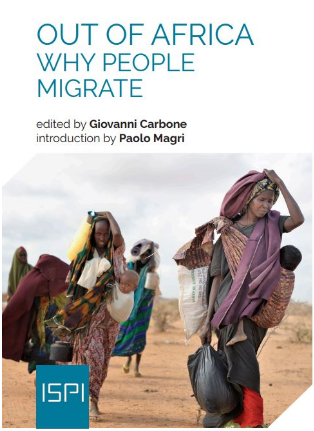Spiegel Online | 30.10.2017
Europa schottet sich ab – die Flüchtlingszahlen sinken. Doch was dieser scheinbare Erfolg bedeutet, zeigt ein Besuch in Libyen: Dort sitzen Flüchtlinge in Gefangenenlagern fest.
Aus Tripoli berichtet Francesco Semprini, „La Stampa“
In Libyen tobt eine humanitäre Katastrophe. Da ist Abu Salim keineswegs das Schlimmste, das einem Flüchtling passieren kann.
Es ist eines der wenigen Gefangenenlager in Libyen, die Journalisten gefahrlos besuchen können. Während andere Zentren im Land zum Inbegriff für Zwangsarbeit, Schlägereien, Folter und Vergewaltigung geworden sind, bietet Abu Salim so etwas wie eine Atempause für diejenigen, die wochen-, wenn nicht monatelang unterwegs waren. Es gibt eine Krankenstation, eine Küche, Schlafräume und Matratzen, Orte für Gebete.

